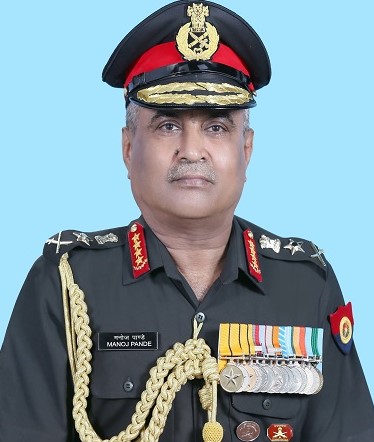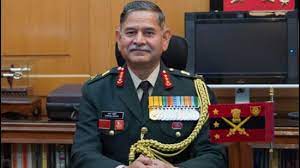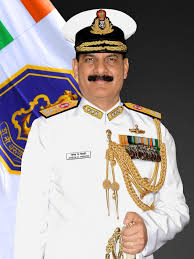Ukrainian President Volodymyr Zelenskiy said he will sign bilateral security agreements with the United States and Japan on the sidelines of the Group of Seven Summit in Italy on Thursday.
The two countries are set to be the last two G7 nations to sign such deals. Fifteen countries have already signed such deals on security cooperation, pledging to keep up their long-term support in the 27-month-old, full-scale war with Russia.
The Group of Seven wealthy nations signed a joint declaration at the NATO summit in Vilnius in July last year committing to establish “long-term security commitments and arrangements” that would be negotiated with Ukraine bilaterally.
The deals, it said, would promise continued provision of military and security aid, support to develop Ukraine’s defence industrial base, training Ukrainian soldiers, intelligence-sharing and cooperation, and support for cyber defence.
The sides would also immediately hold consultations withKyiv to determine “appropriate next steps” in the event of a”future Russian armed attack”.
More than 30 countries have since signed the declaration.
A SUBSTITUTE FOR NATO MEMBERSHIP?
Kyiv says the arrangements should contain important andconcrete security commitments, but that the agreements would inno way to replace its strategic goal of joining NATO.
The Western alliance regards any attack launched on one of its 32 members as an attack on all under its Article Five clause.
“There has been speculation that by concluding enough ofthese agreements, we do not need membership. False.
We need NATO membership,” said Ihor Zhovkva, the Ukrainian president’s foreign affairs adviser.
WHO HAS SIGNED DEALS SO FAR?
Britain in January became the first country to sign one of the security agreements with Ukraine for a term of 10 years, by which time Kyiv hopes to be inside NATO.
London said the deal formalised a range of support that it “has been and will continue to provide for Ukraine’s security, including intelligence-sharing, cyber security, medical and military training, and defence industrial cooperation”.
Germany and France were next to sign the documents, followed by Denmark, Canada, Italy, Netherlands, Finland, Latvia, Spain, Belgium, Portugal, Sweden, Norway and Iceland.
WHAT DOES UKRAINE WANT FROM THE DEALS?
Ukraine’s Zhovkva singled out as “very important” the provision in the British deal under which consultations could beheld within 24 hours to provide swift and sustained aid.
This, he said, went beyond the “infamous” 1994 Budapest Memorandum under which Ukraine was provided with security” assurances” by Britain, Russia and the United States in return for relinquishing nuclear weapons from its territory.
“We do not want to repeat the infamous experience of the Budapest declaration, which remained just a declaration,” he said.
Zhovkva said there was no need for Ukraine to rush to agree deals. “I don’t need 10 or 15 agreements concluded within one week.
Rather, I would have this same 10 or 15 agreements deeply thought over, well-negotiated and with concrete signs of long-term and varied support for Ukraine.”
(Editing by Sharon Singleton and Toby Chopra)




